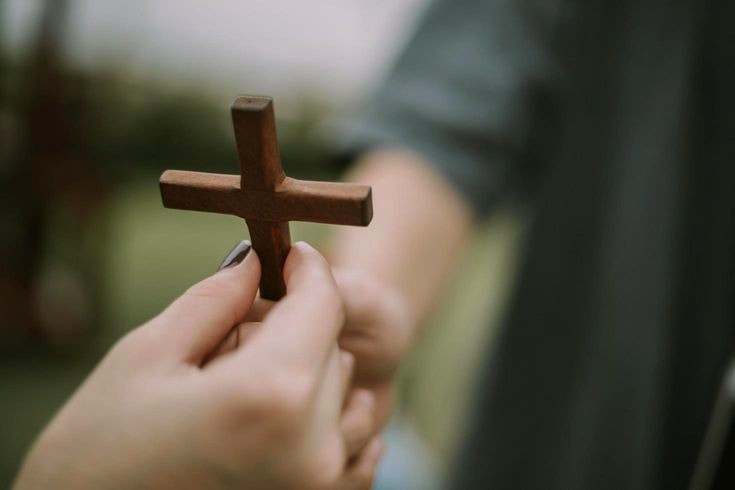
In other words, to live eternal life in full and final sense is to be with God as Christ is with him, and with each other as Christ is with us (Frederick Buechner) The eternal life is presented as a banquet in the scripture. In the book of Isaiah, we read about this banquet: “On this mountain, the Lord of hosts will make for all peoples a feast of rich food, a feast of well-aged wines, of rich food filled with marrow, of well-aged wines strained clear.” (Is. 25:6) The Gospel passage of the day speaks about this banquet in a detailed manner. The parable presents this banquet as a wedding banquet organised by a king for his son, who is the bridegroom. Abba Father is understood as the king mentioned in the parable, and the bridegroom is none other than Jesus, the Son of God.
The king sends his messengers to invite the people to the wedding banquet. At that time, those who are invited give excuses and do not turn up for the wedding banquet. Anyhow, when the banquet was ready, once again, the king summoned his guests through his messengers. This time, they treated the messengers shamefully and even killed them. This parable explains the history of salvation in a nutshell. God always invited his people to repentance through his prophets. Some of the prophets were treated badly, and some were even killed. Towards the end, we see the king send his troops and destroy these wicked people and burn their cities. It might be an indication of the destruction of the Jerusalem temple and the fall of Jerusalem in A.D. 70.
When the invited guests did not turn up, the king extended his invitation to others and asked his messengers to gather whomever they found on the street, both bad and good. It explains the acceptance of tax collectors, prostitutes, etc., as well as the entry of gentiles into the church. The twist of the parable is that the king finds a man without the wedding garment among them. All were provided with the wedding garment except this person, who wore an ordinary dress and came for the wedding feast. As a result, he was sent out of the wedding feast. The lack of wedding garments symbolises the stubbornness to embrace the clarion call of repentance extended by the Lord.
As we reflect on this gospel passage, let us look into our own lives and see how we respond to God’s invitation to the wedding banquet of his son. Do we give excuses and turn against his invitation? Are we ready to participate in the wedding banquet with the wedding garment, which represents our readiness to repent and partake in the banquet? In our times, we come across many brethren who don’t want to take their faith life seriously. They have received the invitation to participate in the wedding banquet through the reception of the sacrament of baptism, but through their lifestyles, they give lame excuses not to participate in the banquet. Let us make ourselves humble before the Lord, respond to his grace, embrace the path of repentance, and yearn for his eternity so that we may dine with him in his son’s heavenly banquet forever.